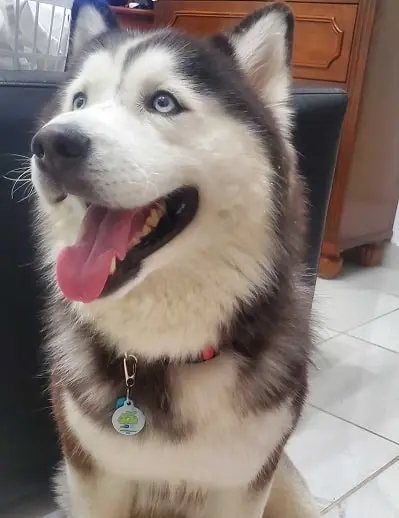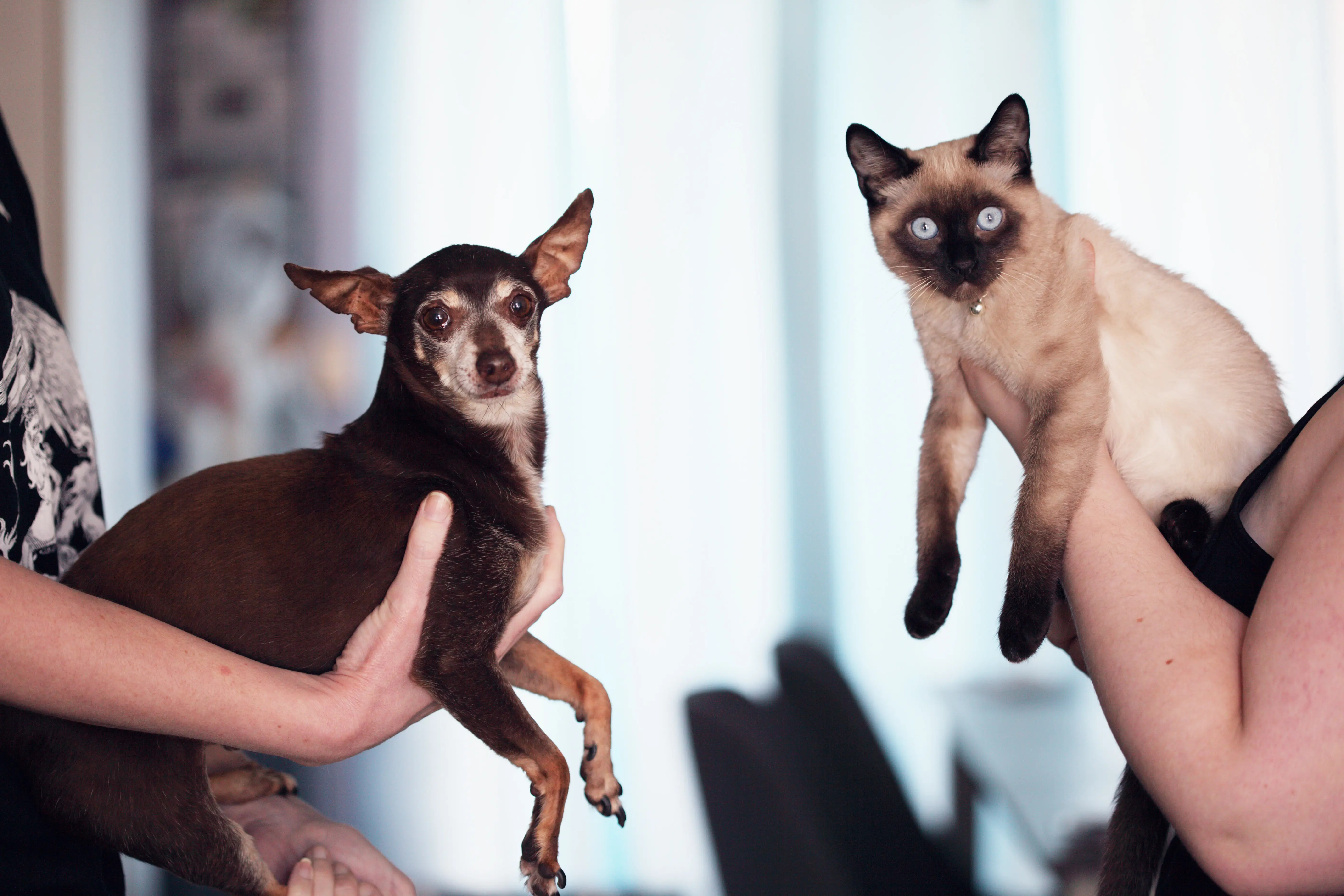
Dogs Without Fur

Published on: 2023-04-20
Dogs without fur are commonly referred to as “hairless dogs” or “furless dogs.” These breeds have a genetic trait that causes them to have little to no hair on their bodies. Some popular examples of hairless dog breeds include the Chinese Crested, Xoloitzcuintli (or “Mexican Hairless”), and the American Hairless Terrier.
Hairless dogs require special care due to their unique coat (or lack thereof). Here are some considerations for caring for a dog without fur:
-
Sun protection: Hairless dogs are more susceptible to sunburn and can easily get sun damage on their exposed skin. It’s important to provide them with adequate sun protection, such as using pet-safe sunscreen or providing shade when they’re outdoors during peak sun hours.
-
Skin care: Hairless dogs have sensitive skin that may require extra care. Regular bathing and moisturizing can help keep their skin healthy and hydrated. Consult with your veterinarian for appropriate grooming and skincare recommendations for your specific breed.
-
Temperature regulation: Without fur to provide insulation, hairless dogs may be more sensitive to temperature changes. They may need additional layers or clothing to keep warm in cooler weather, and may require extra cooling measures, such as avoiding prolonged exposure to heat, in hot weather.
-
Nail and ear care: Without fur to protect their nails and ears, hairless dogs may be more prone to issues such as ingrown nails or ear infections. Regular nail trimming and ear cleaning are important aspects of their grooming routine.
-
Environmental considerations: Hairless dogs may require special attention in extreme weather conditions, such as avoiding exposure to cold temperatures or protecting their skin from rough surfaces that can cause abrasions or injuries.
-
Allergen management: Some people choose hairless dogs specifically because they are hypoallergenic or have lower allergen levels compared to dogs with fur. However, it’s important to note that all dogs produce allergens to some extent, and individual reactions can vary. If you or someone in your household has allergies, spend time with hairless dogs before bringing one home to ensure that you do not have an allergic reaction.
-
Regular veterinary care: Like all dogs, hairless dogs require routine veterinary care, including vaccinations, dental care, and regular check-ups. Regular veterinary care is essential for maintaining their overall health and well-being.
It’s important to research and understand the specific needs and care requirements of hairless dog breeds before considering adopting one. Consulting with a veterinarian and a reputable breeder or rescue organization that specializes in hairless dogs can provide valuable guidance on their care and help ensure that they are happy and healthy pets.

